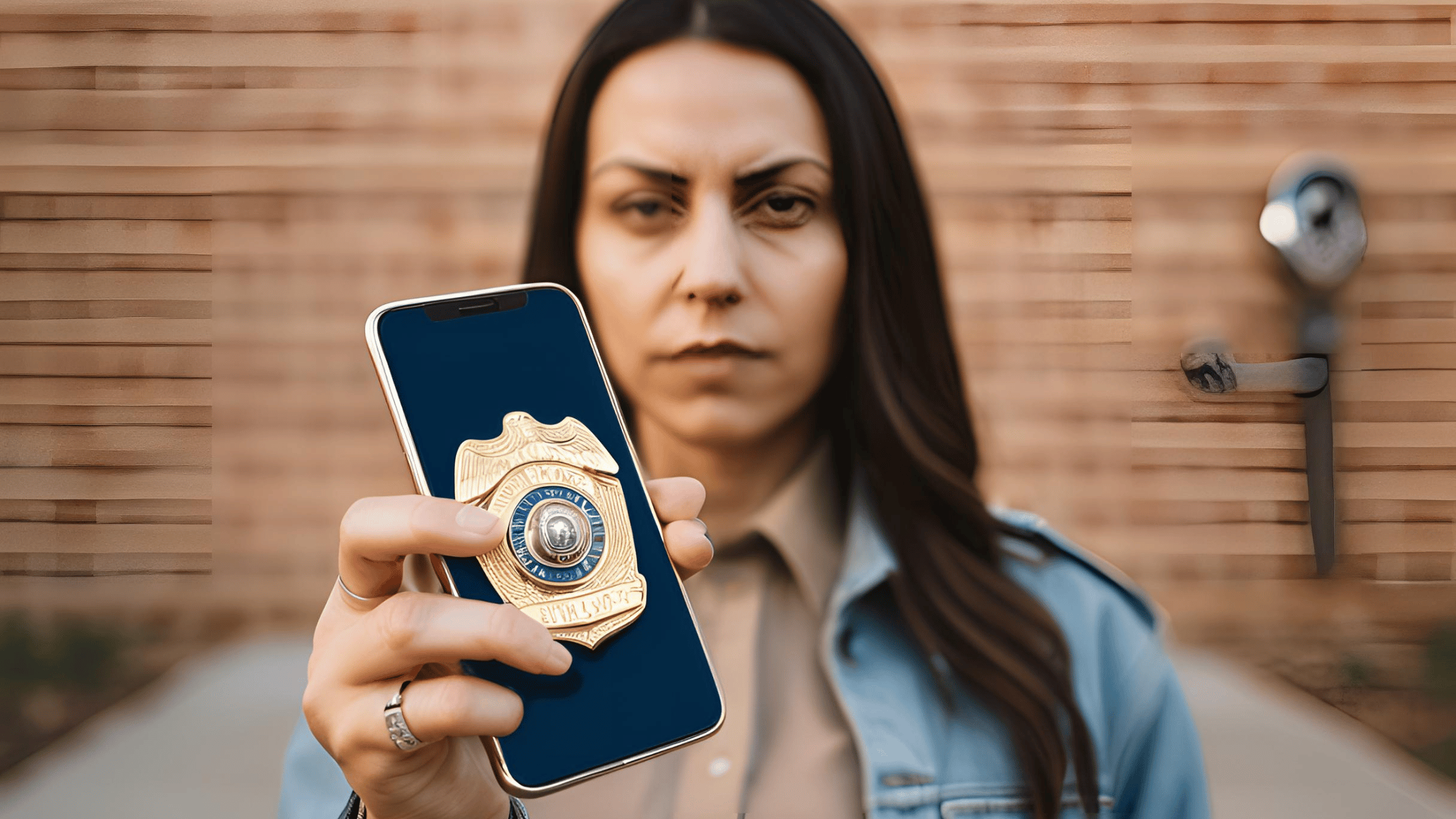Divorce is already a tough experience, but if you’re dealing with stalking during or after the process, it can feel overwhelming and scary. Stalking can include unwanted calls, messages, following, showing up uninvited, or even monitoring your activities. These behaviors can cause stress, fear, and anxiety. The good news is, you’re not alone, and there are ways to protect yourself and regain control of your life.
This guide will help you understand the steps you can take to stay safe, set boundaries, and protect your peace of mind. For additional guidance on setting boundaries, check out our Guide to Setting Boundaries After Divorce.
What Is Stalking?
Stalking is repeated, unwanted behavior that makes you feel uncomfortable or unsafe. This could involve:
- Following you in person or online.
- Sending too many messages or emails.
- Showing up at your home, workplace, or social events without an invitation.
- Trying to monitor your movements or activities.
Stalking is serious and should never be ignored. It’s important to take action to protect yourself.
Steps to Protect Yourself From Stalking
1. Document Everything
Keep a record of every stalking incident. Write down the date, time, location, and details of what happened. Save messages, emails, and any evidence of stalking behavior. Documentation is important if you decide to seek legal help.
For more on this, read our article on Preparing for Legal Steps After Divorce.
2. Strengthen Your Digital Security
Many stalkers use technology to track or monitor their targets. Protect yourself by:
- Changing passwords for email, social media, and bank accounts. Use strong, unique passwords.
- Turning off location sharing on apps and social media.
- Checking for spyware on your phone or computer.
- Avoiding sharing personal details, like your address or routines, online.
For more tips, visit our guide on Digital Safety After Divorce.
3. Set Clear Boundaries
Let your ex-spouse or stalker know that their behavior is not acceptable. Be firm and clear, but avoid engaging in long conversations or arguments. Keep communication limited and focused on practical matters, especially if you’re co-parenting.
To learn more about handling communication with an ex, check out our Guide to Co-Parenting Challenges.
4. Create a Safety Plan
If you feel unsafe, a safety plan can help you prepare for emergencies. Here’s how to start:
- Inform Trusted People: Tell friends, family, or coworkers about your situation. They can help watch for suspicious activity.
- Change Your Routine: Avoid predictable patterns like taking the same route to work every day.
- Know Emergency Contacts: Save emergency numbers in your phone, including local police and a trusted friend or family member.
For tips on rebuilding your sense of safety, see our Guide to Rebuilding Confidence After Divorce.
5. Seek Legal Protection
Stalking is illegal in many places, and you have the right to seek protection. Some options include:
- Restraining Orders: File for a restraining order to legally prohibit the stalker from contacting or approaching you.
- Police Reports: Report stalking incidents to local authorities.
- Legal Advice: Consult a lawyer to understand your rights and the steps you can take.
For more information on legal resources, read our Guide to Legal Rights During Divorce.
6. Trust Your Instincts
If something doesn’t feel right, take it seriously. Your instincts are a valuable tool. If you feel unsafe, don’t hesitate to seek help or remove yourself from the situation.
Emotional Support Is Key
Stalking can take a toll on your mental health. Make sure to:
- Talk to Someone: Share your feelings with a trusted friend, family member, or counselor.
- Seek Therapy: A therapist can help you process emotions and build resilience.
- Practice Self-Care: Take time to do things that bring you peace and comfort, like journaling, meditating, or pursuing a hobby.
For tips on emotional healing, visit our Guide to Emotional Recovery After Divorce.
Final Thoughts
Protecting yourself from stalking during and after divorce is crucial for your safety and peace of mind. Remember, you have the right to feel safe and live without fear. Take proactive steps, seek help when needed, and surround yourself with supportive people who care about your well-being.
If you’re struggling with emotional stress, explore our Guide to Stress Management During Divorce for additional strategies to stay strong during this challenging time.


